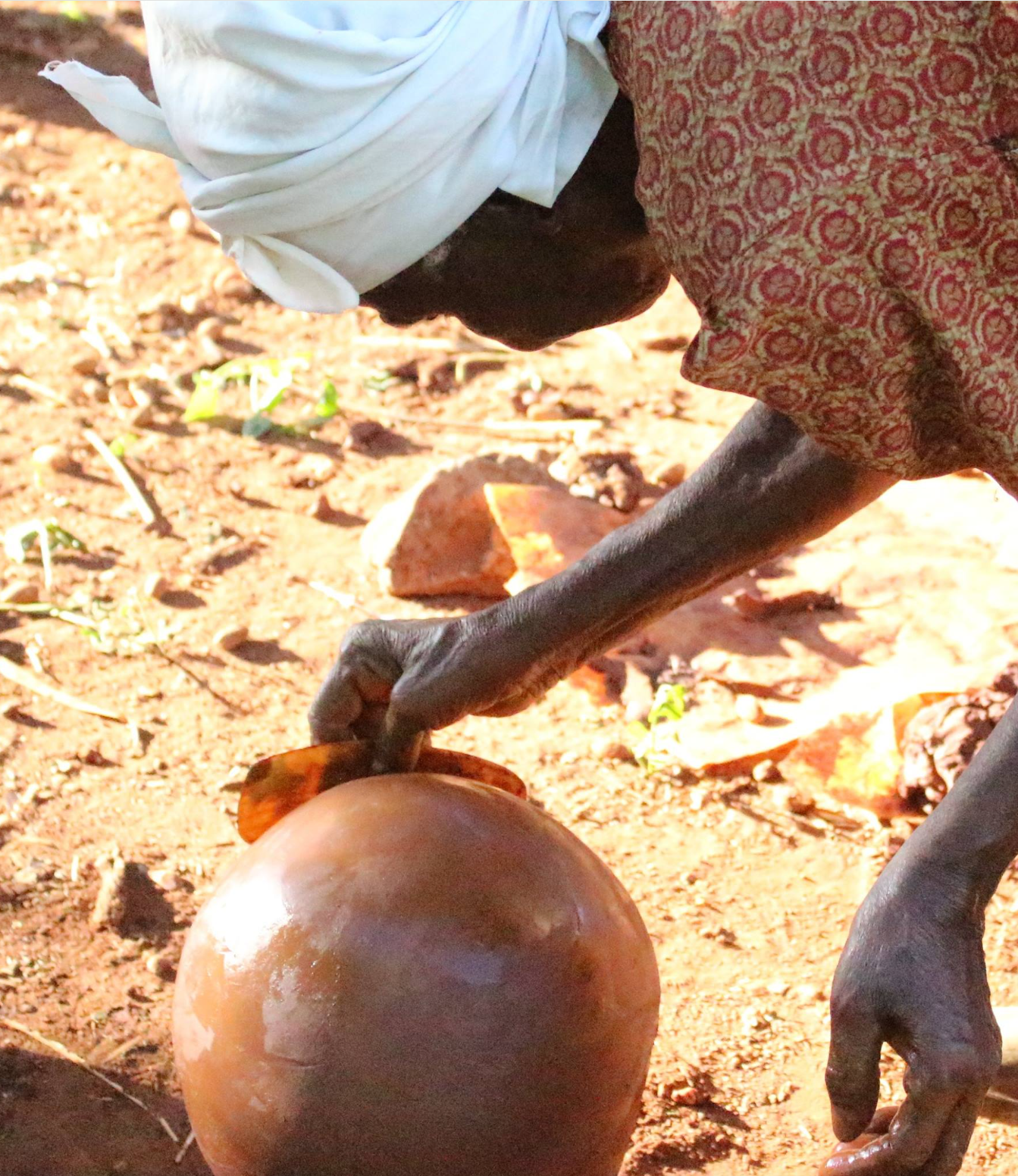Exposure to aluminium is higher in poor countries because of everyday practices such as cooking with clay pots, using aluminium cookware, drinking untreated water and, in some cases, dialysis water that is not well purified.She should have been enjoying her evenings surrounded by
grandchildren, perhaps telling stories and sharing meals. Instead, the
79-year-old grandmother from Eldoret lost her appetite and grew restless and
confused. She could not sleep at night. She snapped at family members, wandered through the house, and often failed to recognise even family members.
Her family members said that at times she sat staring blankly,
unable to follow conversations. At other times, she was agitated, talking to
herself.
A brain scan at a nearby hospital was normal, and tests for
infections revealed nothing amiss.
She was later transferred to Moi University Teaching and
Referral Hospital (MTRH) for further evaluation and treatment. Dr Ann Mutugi, an internal
medicine specialist at MTRH, was one of the doctors who saw her.
The medics described her state on admission as severely ill, with
a weak heart and low oxygen levels.
What was stealing her mind?
The answer came only after her background was carefully
examined. She lived in a rural home where the family relied on clay pots,
aluminium utensils, and water drawn from a well. That detail triggered
suspicion.
The doctors wrote: “Since the patient came from a rural home
where her family used clay pots, aluminium utensils, and well water for
drinking, a decision was made to rule out aluminium toxicity.”
This means they considered aluminium toxicity as a possible
cause, needing a test to rule it out.
The suspicions were confirmed by tests that showed the
woman’s blood carried an astonishing amount of aluminium. This is a rare but
serious condition in which metal builds up in the body, damaging the
brain, heart, and blood system. “Serum aluminium levels were significantly
elevated at 534 micrograms/L,” the medics said. The normal level is below 10 in
a healthy person.
The medics, who documented the case in the current issue of the Toxicology Reports journal, warn that the very kitchenware Kenyans use to cook and
store their food could be poisoning them.
“Aluminium toxicity is more likely to occur in patients with
ESRD (End-Stage Renal Disease) in lower and middle income countries because of
a greater risk of exposure to aluminium-contaminated hemodialysis water, the use
of well water for domestic purposes, and the use of aluminium utensils and clay
pots,” they said.
They explained that because the grandmother’s kidneys could
not remove aluminium from her body, the metal built up to dangerous levels,
leading to her confusion and other symptoms.
Dr Mutugi’s team said they would preferably use a drug
called deferoxamine, which can bind aluminium and help remove aluminium, but it
was too dangerous in her case. “Deferoxamine was not administered because of
concerns about life-threatening neurotoxicity.”
Instead, the grandmother was put on “daily hemodialysis with a
high-flux dialyser.” The process slowly filtered the aluminium out of her blood.
The results were encouraging. Within a week, her score on
the Glasgow Coma Scale – a measure of consciousness – improved from 11 to 13.
She began to recognise faces again. Her appetite returned.
Her blood aluminium level had dropped nearly in half by the
time she was discharged 19 days later. The medics said, “The patient’s
cognition returned to her baseline. She can feed herself without
assistance, recognise caregivers, and sit to watch TV.”
The family was warned never to use clay pots or aluminium
utensils again.
Exposure to aluminium is higher in poor countries because of
everyday practices such as cooking with clay pots, using aluminium cookware,
drinking untreated water, and in some cases, dialysis water that is not well
purified.
“Owing to the nonspecific nature of its presentation,
aluminium toxicity is often diagnosed late and treated inadequately, especially
in setups where aluminium levels are not routinely monitored,” the medics said.
Scientists around the world have previously raised concerns
about aluminium leaching from pots and utensils. A 2017 study of aluminium cookware from ten developing countries found that “40 of 42 items tested
exceeded safe limits,” with some releasing more than six times the World Health
Organization’s recommended intake.
In Kenya, researchers measured aluminium in vegetables and in
food cooked in aluminium pots. They found concentrations high enough to raise
concern, especially when acidic foods such as tomatoes or stews were cooked for
long periods. Old and worn pots tend to release even more.
Families can reduce their risk by choosing stainless steel,
enamel, or ceramic cookware. They should avoid storing food in aluminium
containers and be cautious with untreated well water.


